Pesticides (insecticides, herbicides, and fungicides, for example) are formulated to be poisonous to the pests they are intended to control. When applied correctly, pesticides will help protect your plants and a house. However, if label directions are not followed precisely, plant injury may happen, pests may remain uncontrollable, human health may be compromised, and pesticides may lead to soil, air, or water contamination. Herbicide chemicals can often have a harmful effect on the ecosystem once they reach rivers.
Table of Contents
How to dispose of extra weed killers after using them?
Avoid having an excessive amount of solution. Fill a watering jug rather than diluting it in the drain or with a hosepipe while preparing solutions from concentrates. Prepare less solvent than you feel is required, as it is much simpler to make more than it is to locate additional places to apply the excess product.
If there is some product remaining after spraying, you may need to locate a patch of approved plants/weeds to spray it into. Excess solution can never be dumped down the toilet or into fresh soil since this contributes to the accumulation of chemical contaminants in groundwater.
How should you dispose of empty herbicide containers?
Empty pesticide containers that formerly had condensed liquids (those that need dilution prior to use) should be washed three times, with the washings being added to the final spray solution. After that, the empty container should be disposed of in the kitchen waste.
Following the results of a Defra research initiative and study on the disposal of pesticide containers, empty bottles that used to contain ready-to-use materials can be recycled. Nota bene, this should not refer to containers with concentrated products.
How to dispose of surplus chemicals?
Never dispose of excess chemical or weed killer into drains or waterways. If the disposal is not possible, limited amounts should be diluted and dispersed on approved sites as directed on the bottle. You should avoid spilling chemicals into ponds, watercourses, or ditches and obey label directions for minimizing wildlife damage.
With the recent removal of several garden chemicals, gardeners can find themselves with excess pesticides that they are barred from using. When pesticides are taken off the market for economic considerations, there is typically a two-year grace period within which residual supplies may be used up.
When transporting excess, withdrawn, or expired chemicals to a waste disposal station, make certain the containers are tightly sealed and clearly labeled with the product’s name and active ingredient. Contrary to popular belief, you should not combine various chemicals.
A few methods to dispose of weed killers safely (Roundup as an example):
1) Follow the manual’s instructions
Check the container’s disposal directions. Each Roundup container includes guidance about how to properly dispose of the pesticide. Read the directions thoroughly and obey them to the letter. Often read the label for the pesticides you want to use.
Related Review: Roundup Weed And Grass Killer Review
2) Ask your relatives, friends or neighbors
Inquire of your immediate family or neighbors if they need some Roundup (if it has not expired). Before you begin the process of discarding the excess pesticide, ask your neighbors and acquaintances whether they might use the additional Roundup on their lawns. This conserves resources and is a thoughtful act. Certain individuals may want to avoid using pesticides in their yards. Do not take offense if they decline the request.
3) Look for a local solid waste business
Consult the nearby solid waste company to determine if they pick pesticides. Certain jurisdictions have pesticide recycling systems. If the container contains some remaining Roundup, you will be willing to leave it at a community center or arrange for it to be picked up from your house. Conduct an internet search for a solid waste company. Utilize search words such as “Pesticide pickup in Orange County.” Additionally, the police department will direct you to drop-off locations for pesticide waste.
Call 1-800-CLEANUP to arrange for pesticide waste removal in your region. If you’re still unsure where to dispose of your Roundup, call this number to be led to a nearby pesticide waste plant. You’ll be asked to call your zip code.
4) Transport the herbicides properly
Put your Roundup in a polymer tub and transport it inside your vehicle. If you’re going to move the surplus somewhere to get rid of it, ensure the container’s cap is fully tightened. Place the package upright in a lidded, airtight plastic container. Place the plastic container on the bottom of your car to prevent spillage when driving.
5) Never pour the herbicides down the sink, toilet or drain
Pesticides can contaminate bodies of water and cause damage to fish, animals, and humans. The vast majority of water treatment facilities are incapable of removing chemicals from drinking water. Roundup can never be poured into a drain or toilet. Apply Roundup only if there is no rain forecast for 24 hours. This would assist with preventing it from running across the lawn and into the sewers.
Tips for consumers:
- Prior to buying pesticides, ensure that the chemical is safe against the specific pest, disease, or weed that you wish to handle;
- Never store and pour pesticides onto other containers since the product label contains critical details about the active ingredient(s), registration number(s), mode of application, dosage rate, and, most notably, the issue being addressed. This knowledge is often critical for emergency responders in the event of an accident;
- Keep all chemicals in their appropriate packaging and out of reach of children (particularly those under the age of five) and pets;
- Dispose of older or unused chemicals in your community drop-off point (County Council or Unitary Council). You can contact the municipal authority for tips on garden chemical waste disposal sites;
- Whether you’re trying to get rid of products in the garbage, do not put them down the sinks and toilets. This is prohibited by law; never flush the undesirable down a toilet, sink, trench, stream, or waterway, because this is against the law;
- If you need to get rid of the discarded gardening pesticides, you can trash them at the nearest dump;
- The containers free of all but water and food and can be stored in an outside recycling bin;
- If the solvent is concentrated, you have to wash the bottle three times, at least, and then put it in the diluted solution and dump it in the trash. Reusable containers which have previously contained concentrated substance cannot be reused;
How to store weed killers properly?
To prevent the problem of disposing of expired weed killers, remember how to store these products properly.
Pesticides should be kept in a cold, frost-free environment out of sight of children and livestock, and away from direct sunlight, which may cause substances to vaporize or product labeling to bleach.
Store powders, granules, and dust-like products above liquids to prevent liquid from leaking into soluble products and causing potential reactions.
To prevent unintended abuse of pesticides, Store lawn fertilizers and other ancillary products separately from pesticides.
Most concentrated herbicides have a shelf life of 2 years. However, to store for 24 months they have to be kept in cool and dark spaces.
Consider buying RTU products that are more cost-effective and need no mixing. Nevertheless, they can be good only for small yards and gardens.
Always keep in mind that after just 24 hours, any diluted concentrates will become inactive.

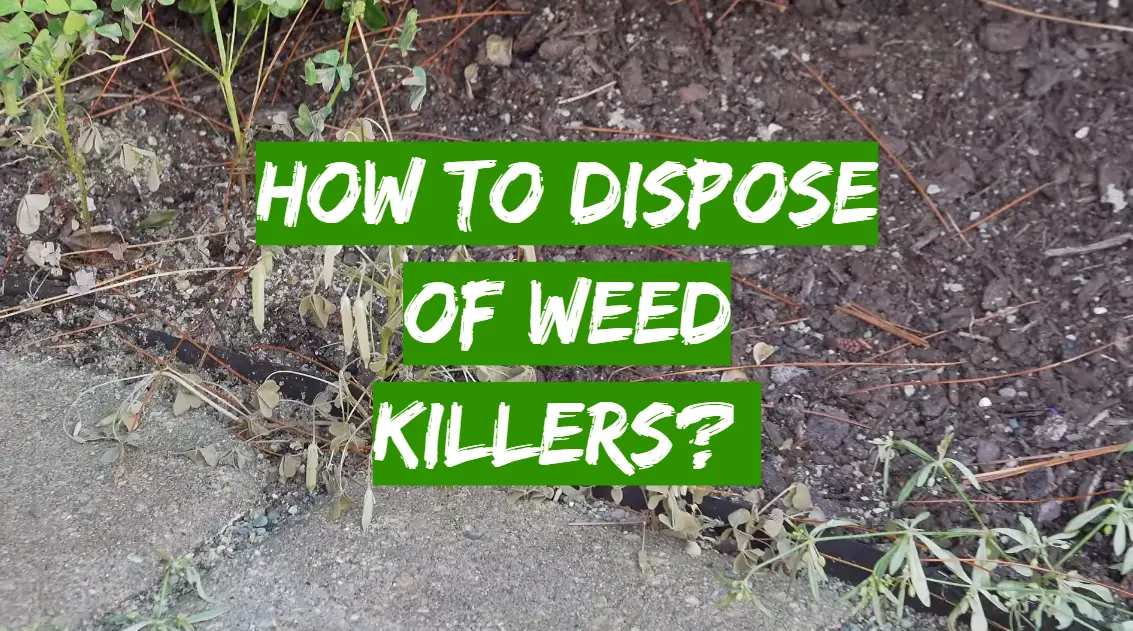

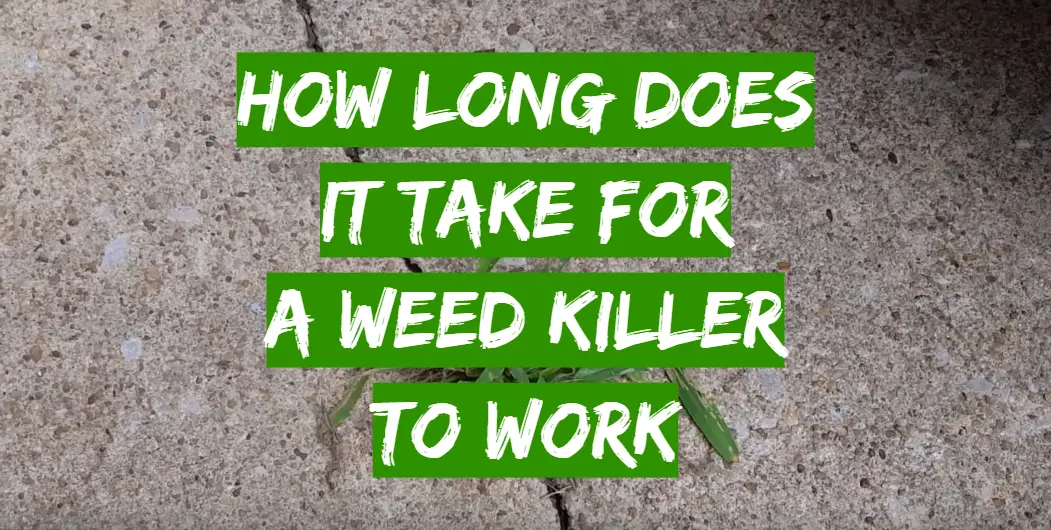
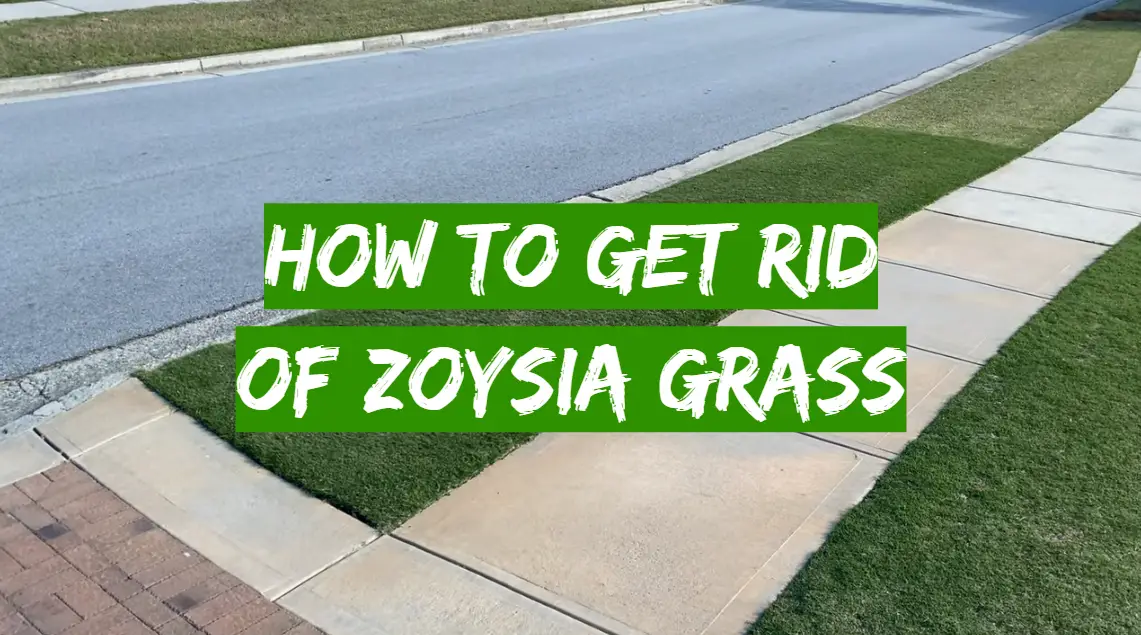
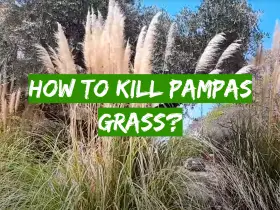
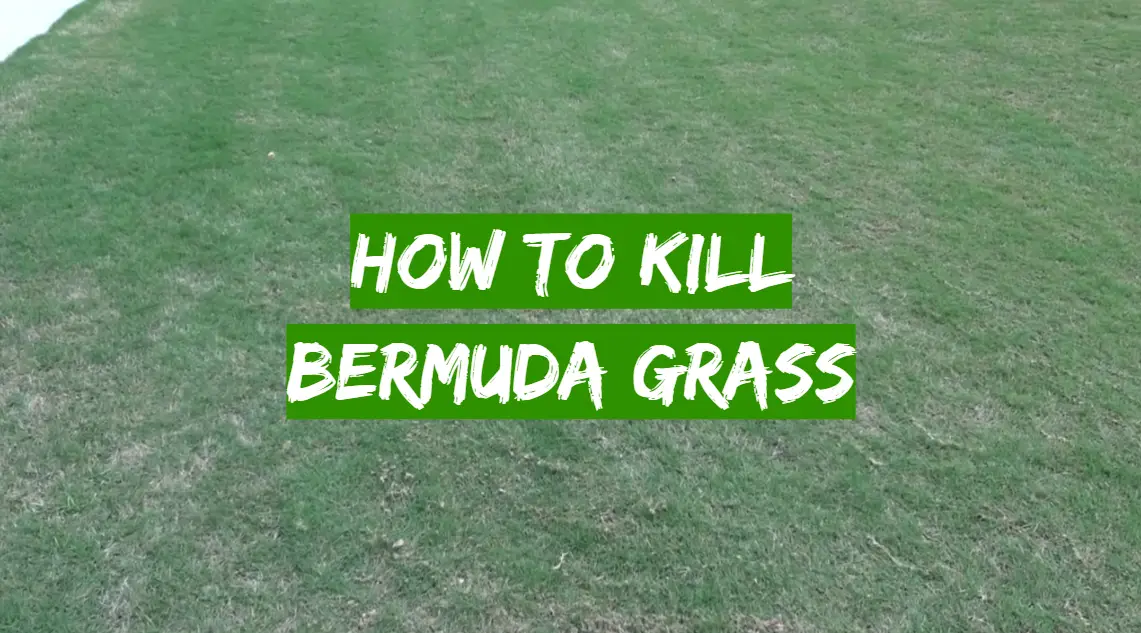
Leave a Reply
View Comments